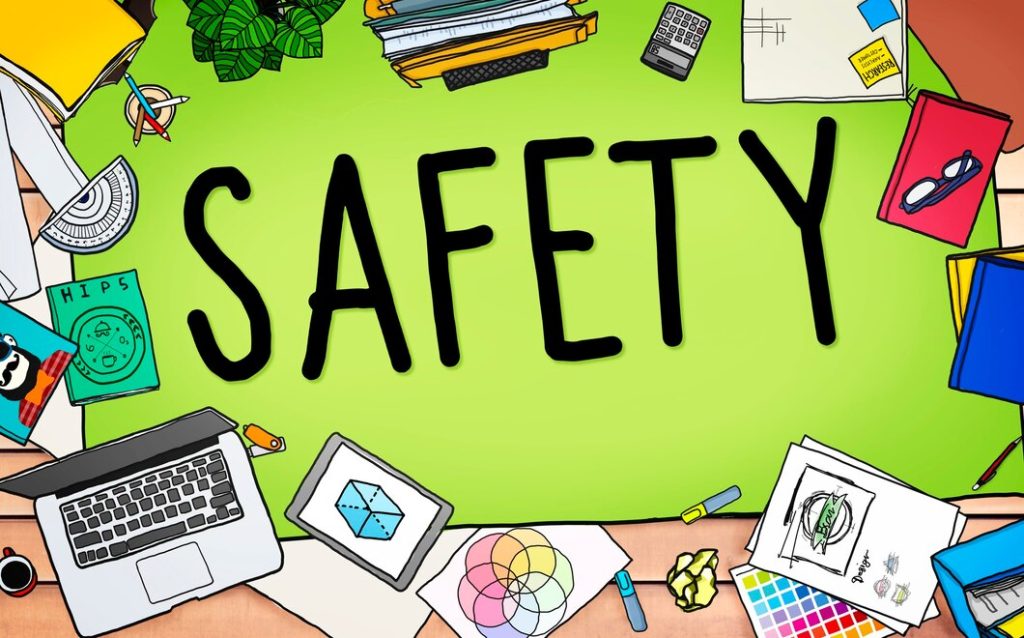Growing up with a father who was a seasoned electrician instilled in me a profound respect for electrical safety. Despite not inheriting his knowledge or skills, his stories of accidents and near-misses in the field instilled a healthy fear in me. Even so, I’ve experienced my fair share of shocks, like when installing a ceiling fan in my bedroom.
Statistics reveal the alarming reality of electrical hazards in homes. Between 2007 and 2011, electrical failures or malfunctions caused 47,820 home fires, resulting in 1,518 injuries, 455 deaths, and $1.5 billion in property damage (National Fire Protection Association). With such risks in mind, it’s crucial for every homeowner to prioritize electrical safety.
Here are eight indispensable tips to help you avoid becoming a statistic:
- Seek guidance: When in doubt, seek assistance from someone experienced in electrical work. Their knowledge can prevent serious mistakes that may lead to hazardous situations like electrical fires.
- Power off: Always cut off the power at the circuit breaker before working on any electrical components. This ensures safety by eliminating the risk of accidental shocks.
- Install ground fault circuit interrupters (GFCIs): Rooms with running water, like bathrooms, kitchens, and laundry rooms, should be equipped with GFCIs. These devices cut off power when they detect a shock hazard, providing crucial protection.
- Limit extension cord use: While extension cords are convenient for temporary use, avoid relying on them as permanent power sources. Consider installing additional outlets with the help of an electrician for safer, long-term solutions.
- Use tamper-resistant receptacles (TRRs): If you have children or plan to, install TRRs to prevent electrical accidents. These receptacles feature spring-loaded shutters that block access to electrical contacts unless both springs are simultaneously depressed.
- Watch for warning signs: Warm outlets or frequently tripped circuit breakers are signs of potential hazards. Promptly contact a qualified electrician to address these issues and prevent electrical fires or shocks.
- Avoid overloading outlets: Distribute high-wattage appliances across multiple outlets to prevent overloading. If necessary, install additional outlets to distribute electrical load evenly and reduce strain on existing circuits.
- Install arc-fault circuit interrupters (AFCIs): AFCIs protect against unintentional electrical discharges caused by loose connections or damaged wires. Installing AFCIs throughout your home enhances safety and minimizes fire risks.
Electrical safety is paramount for every homeowner. Unless you’re experienced and confident in your DIY skills, it’s best to leave electrical repairs to professionals. For expert assistance with electrical issues, don’t hesitate to contact our Chico area electricians at Experts In Your Home. We’re dedicated to ensuring safety and peace of mind in your home.

